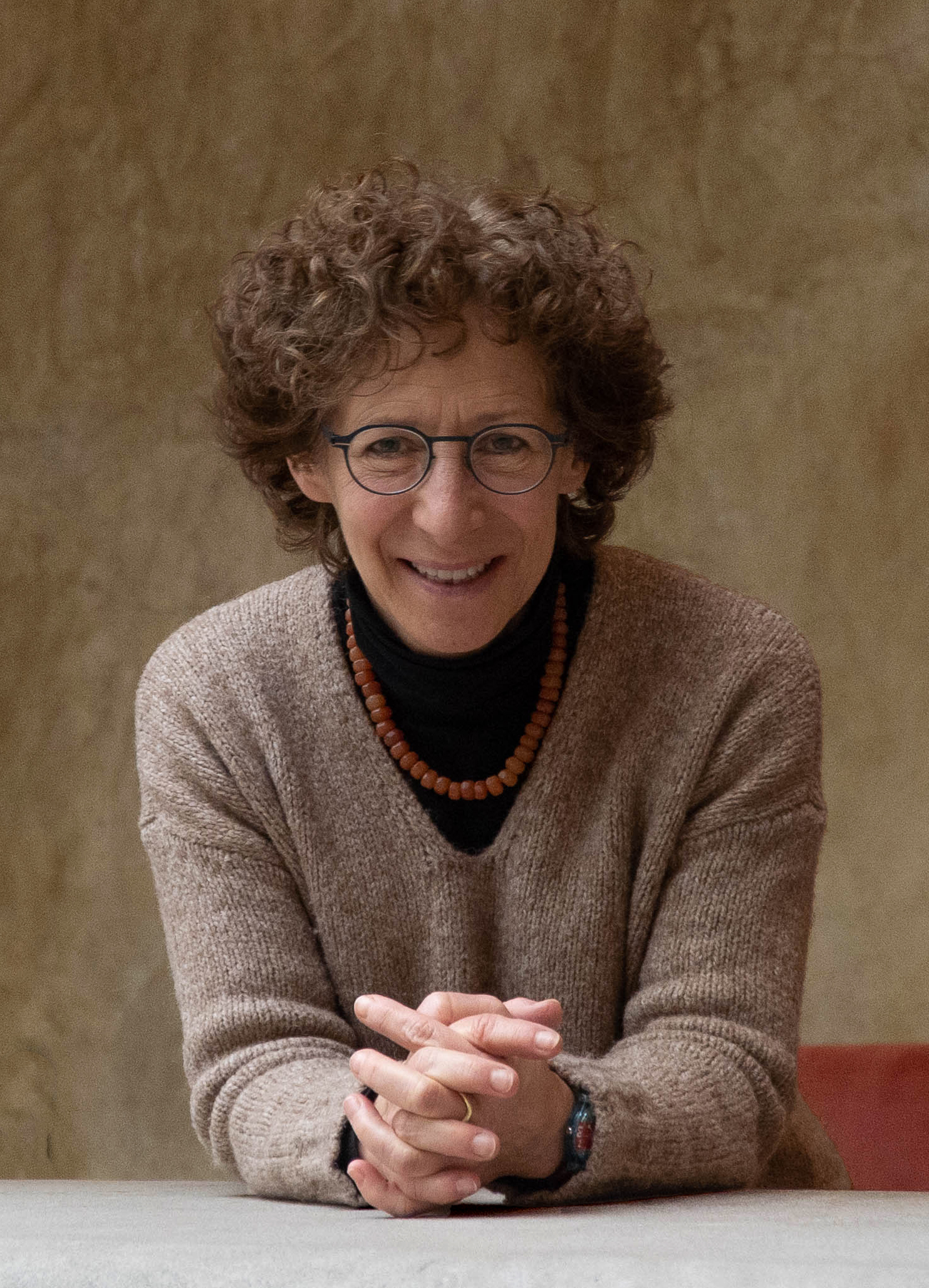40th Annual Walton Lecture: “Byzantine Adrianople becomes Ottoman Edirne: The Birth of a Capital”
Presented By
The Gennadius Library, American School of Classical Studies at Athens
Speaker(s)
Professor Amy Singer, Brandeis University
Location
ASCSA Cotsen Hall - Hybrid Lectures, Anapiron Polemou 9, Athens 106 76Anapiron Polemou 9
Athens 106 76
By registering you will be able to submit your questions through Q&A on Zoom.
About the lecture
General histories today recount that the Ottomans conquered Byzantine Adrianople around 1361 and the city replaced Bursa to become the second Ottoman capital, Edirne. In 1453, the newly-conquered Byzantine Constantinople became Istanbul, and replaced Edirne as capital. This straightforward sketch of Edirne’s history is utterly misleading: it assumes that “conquest,” “Ottoman,” and “capital” are transparent concepts and that the infant Ottoman state was a diminutive version of its future imperial self.
This lecture explores the city of Edirne: How did the ideas of “Ottoman” and “capital” cohere there as the Ottomans recovered from a catastrophic defeat by Tamerlane in 1402 to defeat the Catholic Crusade at Varna in 1444, and then conquer the Byzantines in their capital in 1453? It was in Edirne that they established a basis for their future empire.
The lecture will be in English.
About the speaker
 Amy Singer (PhD, Princeton University, 1989) is Hassenfeld Chair in Islamic Studies and Professor in the Department of History at Brandeis University, and professor emerita in the Department of Middle Eastern and African History at Tel Aviv University. Her first book focused on the relations between Ottoman officials and Palestinian peasants in the sixteenth-century province of Jersualem, in an effort to move Ottoman agrarian history beyond cataloging demographics and agricultural production in villages (Palestinian peasants and Ottoman officials, 1994). The second book studied the importance of large Ottoman endowments (waqf) in provincial cities. Specifically, it considered a public kitchen (imaret) established by Hurrem Sultan, wife of Sultan Süleyman I, and raised questions about Ottoman foodways (Constructing Ottoman Beneficence: An Imperial Soup Kitchen in Jerusalem, 2002). One endowment led to others, and to broader questions about benevolent giving. As a result, Singer’s third monograph was a general analysis of the ideals and practices of Muslim philanthropy (Charity in Islamic Societies, 2008). Singer’s research now focuses on Ottoman Edirne (Byzantine Adrianople). It aims to understand how the city became an Ottoman capital and the incubator of the Ottoman Empire, fostering the formation of Ottoman state and society in the first half of the fifteenth century. In addition, she has been involved in ongoing conversations about how digital tools and capacities can enhance and sustain research in Ottoman studies. From 2018-2020, she was president of the Ottoman and Turkish Studies Association.
Amy Singer (PhD, Princeton University, 1989) is Hassenfeld Chair in Islamic Studies and Professor in the Department of History at Brandeis University, and professor emerita in the Department of Middle Eastern and African History at Tel Aviv University. Her first book focused on the relations between Ottoman officials and Palestinian peasants in the sixteenth-century province of Jersualem, in an effort to move Ottoman agrarian history beyond cataloging demographics and agricultural production in villages (Palestinian peasants and Ottoman officials, 1994). The second book studied the importance of large Ottoman endowments (waqf) in provincial cities. Specifically, it considered a public kitchen (imaret) established by Hurrem Sultan, wife of Sultan Süleyman I, and raised questions about Ottoman foodways (Constructing Ottoman Beneficence: An Imperial Soup Kitchen in Jerusalem, 2002). One endowment led to others, and to broader questions about benevolent giving. As a result, Singer’s third monograph was a general analysis of the ideals and practices of Muslim philanthropy (Charity in Islamic Societies, 2008). Singer’s research now focuses on Ottoman Edirne (Byzantine Adrianople). It aims to understand how the city became an Ottoman capital and the incubator of the Ottoman Empire, fostering the formation of Ottoman state and society in the first half of the fifteenth century. In addition, she has been involved in ongoing conversations about how digital tools and capacities can enhance and sustain research in Ottoman studies. From 2018-2020, she was president of the Ottoman and Turkish Studies Association.